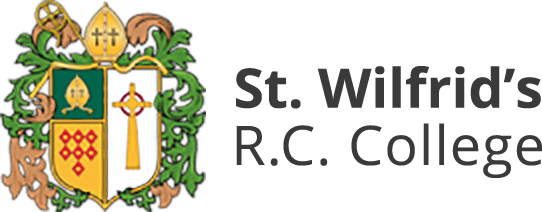Our intent is to equip students with the knowledge needed to engage with contemporary society and respect social diversity. Allowing students to examine how individuals, communities, and organisations engage with religion in addition to supplying them with the critical thinking skills to understand and question their identity, roles and responsibilities within society.
“The function of Sociology, as of every science, is to reveal that which is hidden”.
– Pierre Bourdieu
The study of Sociology helps us to explore our interconnected world with understanding and humanity – recognising the great differences in societies, cultures, political systems and economies, and exploring the diversities and inequalities that these can cause. Our curriculum aims to encourage students’ curiosity about the world and equip them with the knowledge and skills to help them to examine the social phenomena that affect people’s lives in profound ways. The course is designed and delivered to nurture thoughtful and motivated young people, who can act responsibly as active citizens, and who believe in their ability to change their community for the better. As students progress so will their understanding of complex interrelationships between social institutions at different scales and how they change over time, as well as conflicting theoretical views of these. They will be empowered by intellectually challenging ideas and the concepts, learning the essential skills of critical thinking. As Sociologists, our students will have the potential to be well-informed global citizens, using their unique combinations of knowledge and skills to to look beyond appearances and set aside their own personal beliefs to enable them to grow in compassion and kindness.
Our curriculum is sequenced logically from a broad GCSE curriculum to build upon students’ core knowledge of society, and ensure that all students, including those with SEND and disadvantaged students, are challenged appropriately. In Year 12 students begin their sociological journey with an introduction to how sociologists study society and sociological theory, enabling them to build a sociological vocabulary. They then complete modules on Education taught alongside Research Methods and how these can be implemented within the context of the education system. This is followed by Families and Households, which also requires application of sociological theory and research methods. In Year 13 the same approach is taken and students study Crime and Deviance, followed by Theory and Methods, and finally Beliefs in Society. The application of Theory and Methods is applicable to all modules throughout the course; thus preparing them with high quality skills and knowledge for a successful future.


